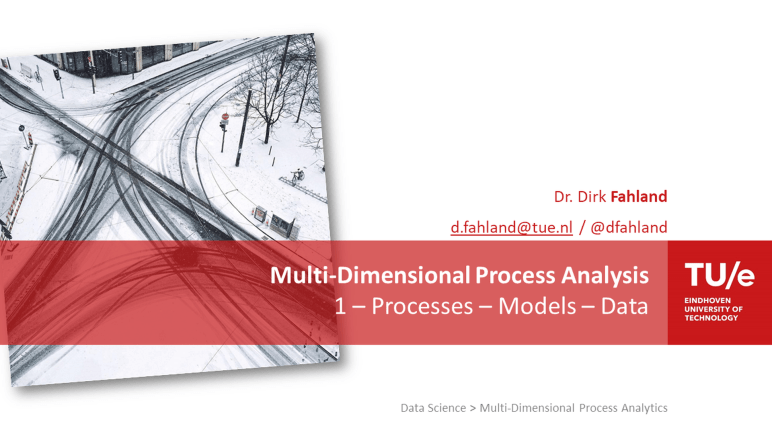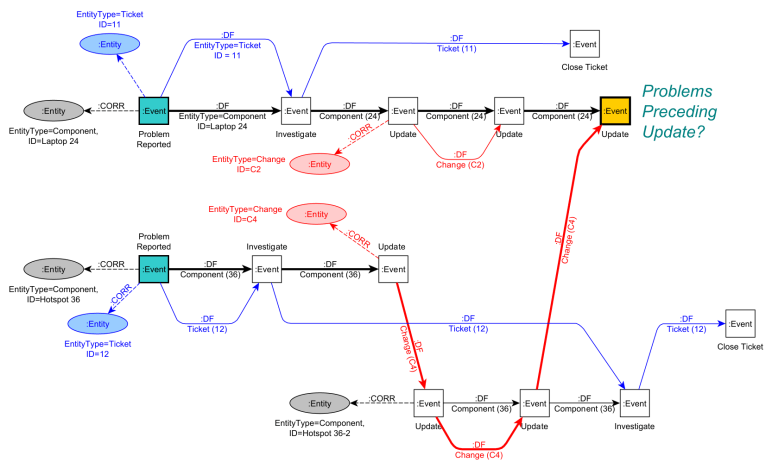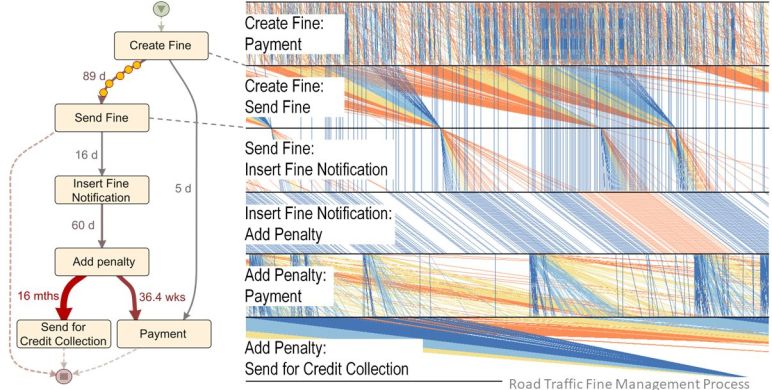Object-Centric Processes are a new way to look at processes: instead understanding a process execution as a sequence of isolated steps in a monolithic case, an object-centric process describes how its activities work on the various involved and related objects over time. This idea of describing processes as emerging from an interplay of changes to … Continue reading Object-Centric Processes – from cases to objects and relations… and beyond







